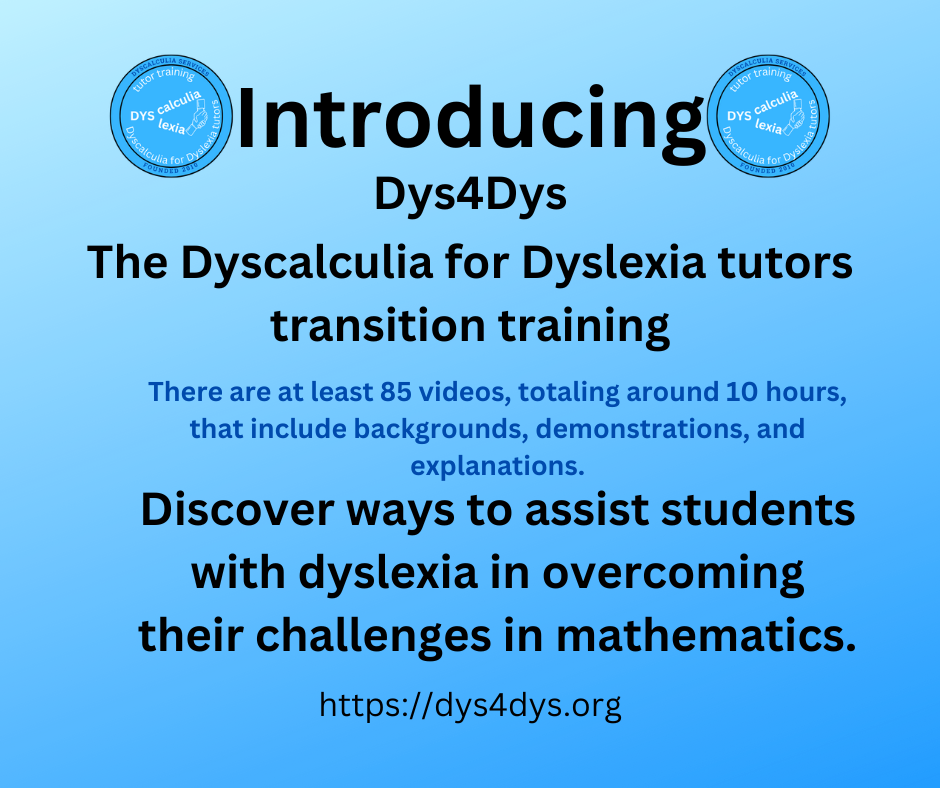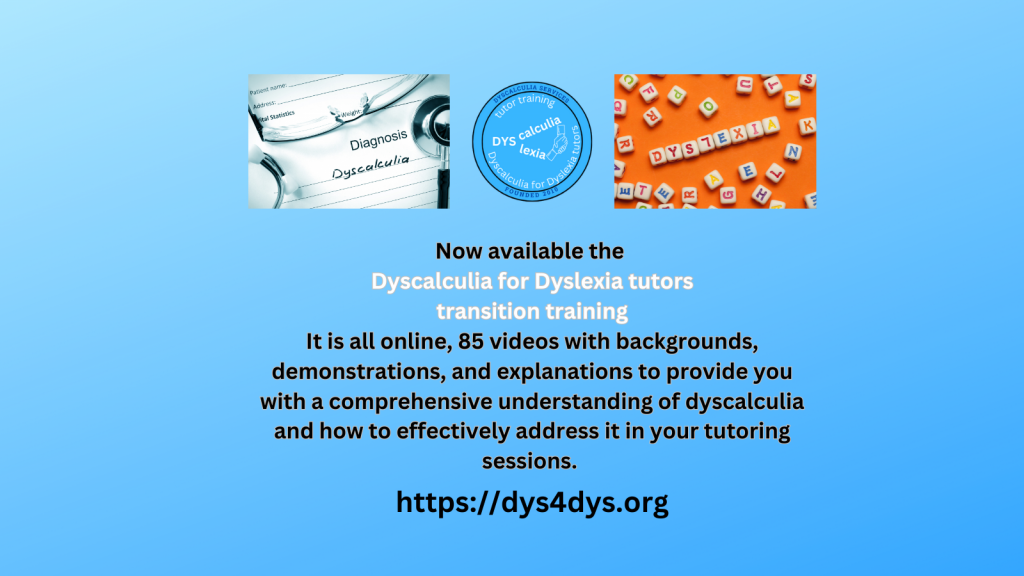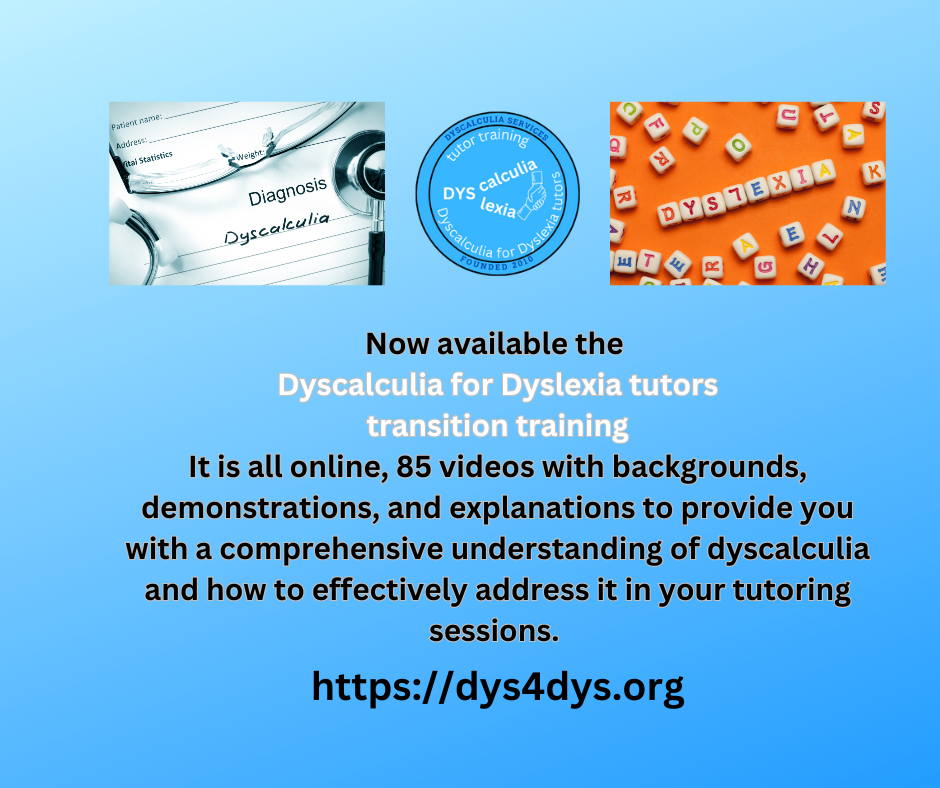More than 9 out of 10 elementary and middle school students fail to properly read school textbook content, according to a study. It was also confirmed that students addicted to smartphones and short-form videos (short videos) tend to have lower vocabulary skills.
This newspaper obtained and analyzed a literacy test report conducted by the Chungnam Office of Education in 2024 through the office of Democratic Party of Korea lawmaker Jin Sun-mi. The results showed that 98% of elementary students and 92% of middle school students failed to finish reading given textbook passages within the allotted time. The test, conducted with the Dyslexia and Literacy Research Institute, involved 145 middle school students (grades 1–3) and 97 third-grade elementary students.
Read more HERE




